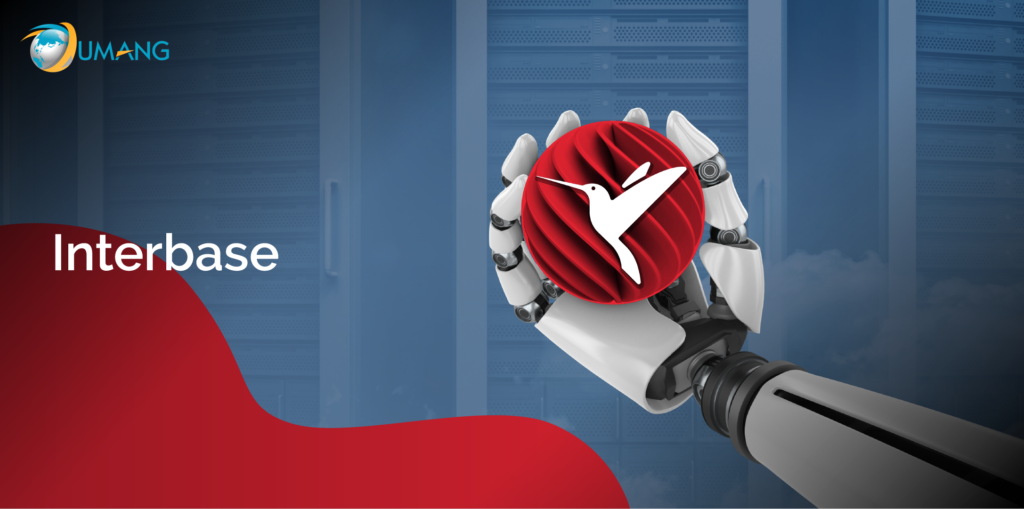Since Embarcadero acquired Borland in 2008, there have been technological advancements and performance enhancements to Interbase to make it a compelling database.
What is Interbase?
Interbase is a relational database management system created and marketed by Embarcadero Technologies. However, Interbase differs from RDBMS as its small footprint is close to zero administration requirements and multi-generational architecture. Interbase is an SQL standards-compliant database. It strictly complied with SQL industry standards. Also, it supports Unicode and is ideal for any character set globally.
The Interbase enables us to connect multiple Unicode, real-time event alerts, and our patent Change View’s SQL-based change tracking. Interbase can run on various Microsoft Windows like Linux, iOS, Android, and macOS.

Features of Interbase
Interbase offers various features like:
1. Generators
In Interbase, generators enable you to fetch sequential numbers used for primary keys within. It works across all database transactions and will not allow duplicate keys. An Interbase generator is responsible for enabling the database to create crucial values centrally used.
2. SQL Language/Unicode
Interbase is an SQL standard compliance database. Initiated with SQL92, all the features added in Interbase strictly comply with industry standards. With Unicode support, Interbase is ideal for any character set and is ideally used globally. It offers a variety of SQL language features, including multiple joins.
3. Event Alerts
Discovering something new is a challenge for the developers. Interbase allows a real-time alert to connect clients that have changed something. The signals are sent immediately after the transaction-making change is committed. It saves on CPU-intensive database polling, thus enhancing database scalability.
4. Custom Expectations
Interbase enables you to create database logic to manage the data being passed. You can also use Stored Procedures or Triggers to raise custom exceptions from the server for insufficient data.
5. Multiplatform Support
Interbase can be used on Windows, Linux OS X, Android OS X, and iOS. This allows you to create on one platform and deploy to any other. Interbase supports heterogeneous OS connectivity on all platforms. Interbase is a cross-platform on-disk format that allows for seamless development and dramatically simplifies configuration, tracking, and testing.
Reasons to use Interbase
1. Change Views
Change views are helpful features that are considered after notification and feedback. It is based on a data subscription model that helps to define the criteria for the changes you wish to inform about. You have access to highlight what has changed since last you accessed it. Change views only show what has changed, responsiveness and performance.
2. Security
Unlike any other database engines operated with file–level binary read and write encryption; the Interbase also promotes database and column-level encryption.
3. Platform Diversity
Since 2007 after the mobile revolution, software development has changed drastically. But at present, there is a great need for software to be deployed in different operating systems and hardware platforms. Since the 80s, Interbase has been available for various computer platforms like large UNIX boxes or smaller units such as Apollo or Commodore. But currently, Interbase integrates with Linux, Android, iOS, and macOS. It also supports OS connectivity and is easy to install.
Interbase covers various embedded devices like ARM and x86. It is well – a place to fulfill the demands of a small device on the ability of performance, reliability, and security.
4. Tablespaces
Database administrators can use Tablespaces to organize where indexes and tables are stored in their database files. This is useful if you manage an extensive database accessed 24 hours daily by thousands of users. This feature allows you to assign authentication data to an SSD drive, which is excellent for speed and time savings.
Forward-looking innovation With Interbase
Interbase is a great database solution for any company or project for many other reasons. UDFs (or “user-defined functions”) are a way for developers to extend the Interbase SQL language, create more complex queries, access controls based on role, and recover lost data.
Reference:
https://www.embarcadero.com/products/interbase/features/sql-database